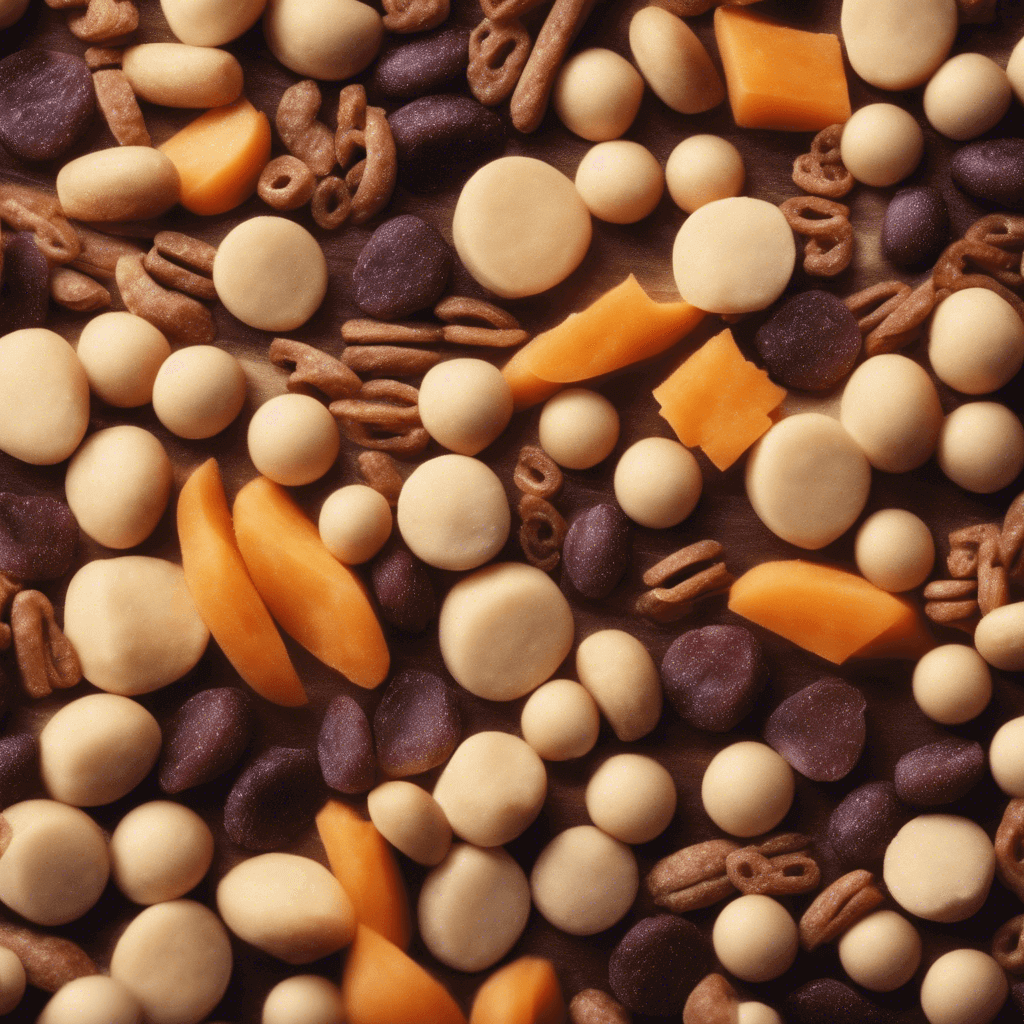Healthy Carbohydrates For Diabetics: The Key to Maintaining a Balanced Diet For individuals grappling with […]
Healthy Carbohydrates For Diabetics: The Key to Maintaining a Balanced Diet
For individuals grappling with diabetes, the Key to maintaining a balanced diet depends on the meticulous curation of a nutritious diet with healthy carbohydrates as a cornerstone in the intricate puzzle of managing blood sugar levels and ensuring overall well-being. Among the various dietary components, carbohydrates play a pivotal role, providing the body with a primary source of energy. However, for those navigating the delicate balance of diabetes management, the Key to maintaining a balanced diet shifts towards selecting healthy carbohydrates that do not trigger abrupt spikes in blood sugar levels. In the context of this discussion, healthy carbohydrates emerge as a beacon for diabetics, guiding individuals towards food choices that align with their health goals.
Consequences of Unhealthy Carbohydrates:
When individuals with diabetes consume unhealthy carbohydrates, such as refined sugar and white flour products, it can lead to significant consequences. These types of carbohydrates are quickly broken down into glucose, causing a rapid increase in blood sugar levels. This puts a strain on the body’s insulin production, potentially leading to long-term complications like cardiovascular disease, nerve damage, and kidney problems.
Advantages of Healthy Carbohydrates:
1. Stable Blood Sugar Levels: Healthy carbohydrates, such as whole grains, legumes, fruits, and vegetables, contain fiber that slows down digestion and helps stabilize blood sugar levels. This ensures a steady release of glucose into the bloodstream, preventing sudden spikes or crashes.
2. Improved Digestion: Fiber-rich carbohydrates help regulate bowel movements and promote a healthy digestive system. This can prevent constipation, bloating, and other gastrointestinal issues commonly associated with diabetes.
3. Energy Boost: Healthy carbohydrates provide a sustainable source of energy for the body. Unlike unhealthy carbs that provide a quick but short-lived energy burst, healthy carbs supply the body with constant energy throughout the day, aiding in weight management and overall wellness.
Disadvantages of Unhealthy Carbohydrates:
1. Weight Gain: Unhealthy carbohydrates, especially those found in processed and sugary foods, are often high in calories and low in nutrients. Consuming these types of carbs regularly can lead to weight gain, which can exacerbate diabetes symptoms and increase the risk of other health conditions like heart disease and stroke.
2. Inflammation: Highly processed carbohydrates, such as white bread and sugary snacks, can trigger inflammation in the body. Chronic inflammation is linked to numerous health issues, including insulin resistance, which is a risk factor for type 2 diabetes.
3. Difficulty Managing Blood Sugar: Unhealthy carbohydrates can cause rapid spikes and drops in blood sugar levels, making it challenging for diabetics to maintain stable glucose levels. This can lead to feelings of fatigue, confusion, and difficulty concentrating.
Recommended Carbohydrates for Diabetics:
1. Whole Grains: Opt for whole grain options such as brown rice, quinoa, and whole wheat bread instead of refined grains. These provide more fiber, vitamins, and minerals while minimizing blood sugar spikes.
2. Legumes: Lentils, chickpeas, and black beans are excellent sources of carbohydrates that are also high in protein and fiber. They have a low glycemic index, meaning they have a minimal impact on blood sugar levels.
3. Fruits and Vegetables: Choose fresh or frozen fruits and vegetables that are low in sugar and high in fiber. These include leafy greens, carrots, berries, and citrus fruits. Remember to consume fruits in moderation due to their natural sugar content.
4. Dairy Products: Low-fat dairy products such as Greek yogurt and cottage cheese contain healthy carbohydrates along with protein, making them a nutritious choice for diabetics.
5. Nuts and Seeds: These nutrient-dense foods provide carbohydrates along with healthy fats and are great for snacking. Opt for unsalted varieties and enjoy them in moderation.
It is important to note that portion control plays a significant role in managing blood sugar levels. Working with a registered dietitian or nutritionist can help individuals with diabetes create a personalized meal plan that incorporates healthy carbohydrates while considering their specific dietary needs and preferences.
By choosing healthy carbohydrates and adopting a balanced diet, individuals with diabetes can effectively manage their blood sugar levels and reduce the risk of complications associated with the condition. Remember, small changes in eating habits can lead to significant improvements in overall health and well-being. So, make smart food choices, prioritize whole grains, legumes, fruits, and vegetables, and embark on a journey to better health today!
Skip the Conclusion title for the last paragraph.













